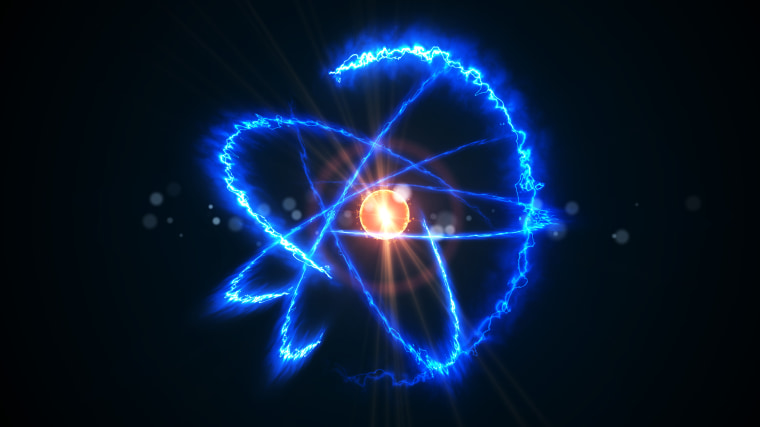
GCSE Physics Tutor
GCSE Physics Tutor
A GCSE Physics tutor will help in developing an understanding of these often tricky areas of Physics. GCSE Physics provides a broad introduction to the study of matter, its fundamental constituents, its motion and behaviour through space and time, and the related entities of energy and force.
However, compared to Biology and Chemistry, GCSE Physics has a much larger mathematical element. Therefore, students with a confident grasp of GCSE Maths will sometimes find the subject easier. So, good Maths knowledge alone, will not compensate for the longer-answer questions and students need to develop both sets of skills.

Exam boards
It’s important to identify which exam board your child’s school is following for GCSE Physics as the topics can vary.
The main exam boards for GCSE Physics are:
- Assessment and Qualifications Alliance (AQA)
- Oxford, Cambridge and RSA Examinations (OCR)
- Edexcel
- International General Certificate of Secondary Education (IGCSE)
Most boards have two papers with the option of taking the foundation level or higher level. Your GCSE Physics tutor can help you to further your grades, by helping to understand the key ideas in physics. However, these key ideas are consistent across the exam boards (e.g. energy, electricity, forces and motion, and more.) Paper 1 explores the essential concepts of GCSE Physics and Paper 2 includes more complex ideas and applications.
Most exam boards include several compulsory practical experiments that students will normally complete at school. IGCSE is the exception, with the option to sit a written paper that tests experimental understanding. This can suit students who are home-schooled without access to a well-equipped lab.
What is GCSE Physics all about?
Physics is a broad subject, with course content ranging from how electricity travels to the solar system. The topics taught will include motion, energy, matter, force, motion, space, time, and energy.
A GCSE Physics tutor enables learners to:
- Increase understanding of the technological world
- Help take an informed interest in scientific matters
- Recognise the usefulness (and limitations) of scientific method, and how to apply this to other disciplines and in everyday life
- To develop relevant attitudes, such as a concern for accuracy and precision, objectivity, integrity, enquiry, initiative, and inventiveness
- Develop an interest in, and care for, the environment
- Develop an understanding of the scientific skills essential for both further study and everyday life
How a GCSE Physics tutor will help you to do well
Successful GCSE Physics students will have memorised all the content they have learnt accurately and therefore developed a sufficient depth of understanding to apply to exam questions. They will also have a strong understanding of key mathematical methods (e.g. equations, standard form, using a calculator etc.) and be able to apply these in an exam context.
GCSE Physics tutors often find applying Maths to Science an area some students find particularly tricky. However, during tuition, they will break down step-by-step how to effectively answer these crossover questions.
Therefore, to achieve a top grade, students will need to develop memorisation strategies and practice, practice, practice with past papers.
Memorisation strategies
Developing revision strategies can be difficult. Especially, if you don’t have a good understanding of how to revise. By having a GCSE Physics tutor, they are well trained in many methods of how to revise, for different learning styles.
Your GCSE Physics tutor will help to devise a good revision strategy, that fits your style of learning. Helping to effectively manage your revision before the exam.
Using past papers/mark schemes
It is difficult to achieve a top grade in GCSE Physics without dedicating time to past papers and learning the exact wording that examiners expect. For example, even a student with a confident grasp on the electricity topic may fall short when asked to define a ”parallel circuit” if they haven’t seen this question before. It is rare for an exam question to be completely unique, and students who have revised with past papers will begin to spot patterns and recognise certain questions. Exams can be repetitive, and students should take advantage of this.

What is different for this year? Exam cycle 2022
We understand that for Physics GCSE there will be no changes or adaptations for the exam cycle 2022 and this is because the Government consider it so important that children complete this syllabus in its entirety.
Some exam boards are therefore being lenient with their practical components in recognition of the challenges involved in providing frequent hands-on practical experiences for all students. In some cases, students can study the required practical activities through the use of demonstrations and simulations, if it’s not possible for them to carry out all of the practical activities.
Sitting public exams for the first time
Sitting important public exams comes with pressures that your child may never have experienced before. However, a small amount of pressure can help your child’s performance on the day, but it is important they have some time to unwind. It is important for students to take some time to relax, taking time to do something social and something they love.
GCSE Physics Tutor
The best way of supporting your child throughout their Physics GCSE. Is to give them the tools and skills to succeed. An effective way to do this is having a GCSE Physics tutor. We will ensure your GSE Physics tutor has a wealth of experience in teaching Physics. They will help build your child’s confidence in tackling exams, through building their knowledge of the syllabus.
Therefore, due to the mathematical emphasis in GCSE Physics, candidates can also benefit from more general Maths tuition.
Articles you may find useful: